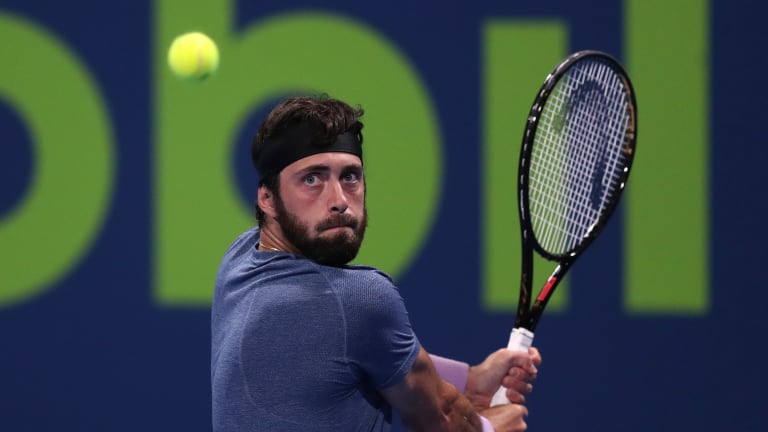When it comes to global betting popularity, no sport can touch soccer. But you may be surprised to know that tennis consistently ranks as one of the most bet-on games in the world.
The nature of tennis is a natural for gambling. With hundreds of players competing in large draws nearly every week over the course of 11 months, few sports can match the sheer volume of wagering options that tennis provides. And with the advent of live, in-game betting, tennis’ popularity in the gambling space should only increase.
No matter your thoughts on the subject, tennis betting isn’t going anywhere, so you might as well make the most of it.
That's where we, and a few friends of the website, come in. To better understand the most profitable strategies and various Do’s and Don’ts in tennis betting, we spoke with several established and passionate bettors and handicappers, who were kind enough to share their thoughts:

